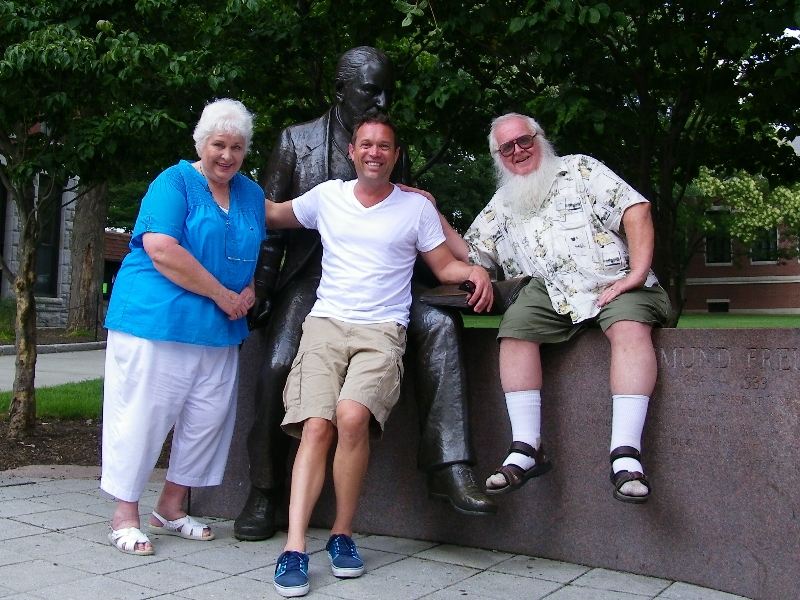
Publications
Eurovision at 50: Post-wall and post-stonewall
Document Type
Book Chapter
Abstract
Eurovision, especially as it has developed since the 1990s after the fall of the Berlin Wall, offers a model of European citizenship that is particularly amenable to needs that are present in queer populations and communities. The sense of citizenship that Eurovision offers is of course distinct and different from the legal status of a citizen of a particular state that is a member of the European Broadcasting Union (EBU), which runs the show. In many ways, homosexuals, transsexuals, intersexuals, and other people who defy gender norms did not have access to full citizenship in the nation states of Europe when the Eurovision Song Contest (ESC) was founded, and even to this day queers are not fully enfranchised. The complex concept of European cultural citizenship has required a rethinking of national identity. The ESC offers a remarkable laboratory in which to manage the diversity among European countries while also negotiating the boundaries of national and supranational European identity.
Publication Title
A Song for Europe: Popular Music and Politics in the Eurovision Song Contest
Publication Date
2007
First Page
25
Last Page
35
ISBN
9780754658795
DOI
10.4324/9781315097732
Keywords
music, pop music, popular music, Eurovision Song Contest, Le Grand-Prix Eurovision de la Chanson Européenne, Europe, Stonewall
Repository Citation
Tobin, Robert Deam, "Eurovision at 50: Post-wall and post-stonewall" (2007). Publications. 7.
https://commons.clarku.edu/tobinpub/7


